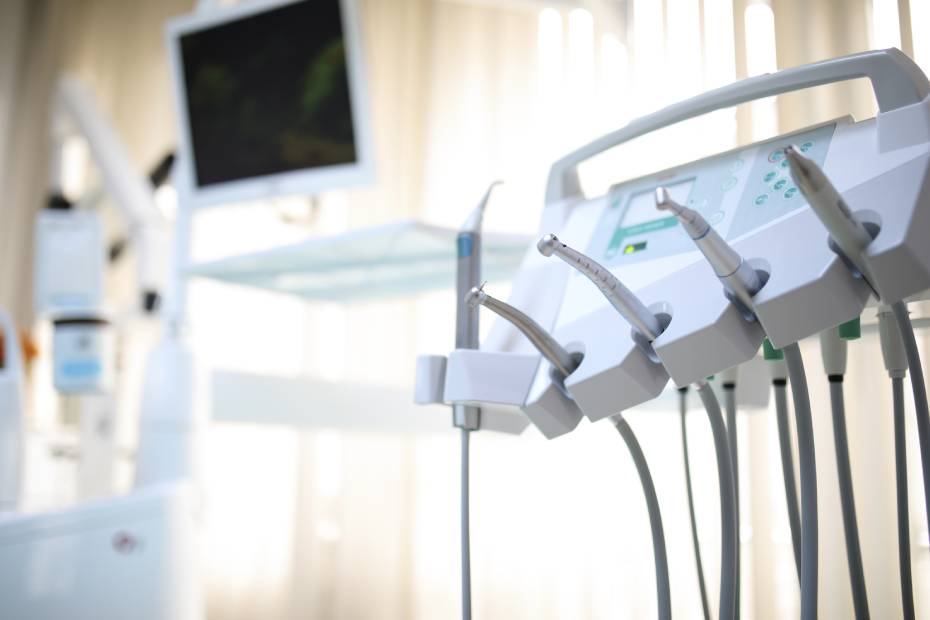Finishing medical school is an exciting and stressful time. Transitioning to the next stage of your career involves getting ready for residency interviews and the all-important match. The process can be nerve-wracking even if you’re the perfect candidate on paper since you’ll need to shine during your in-person Canadian Resident Matching Service (CaRMS) interview.
Thousands of students are matched to their desired residency program each year, and the CaRMS interview is a crucial part of the process. It evaluates your oral communication, verbal and nonverbal skills, interpersonal skills, teamwork, relatability, and critical thinking skills. It’s your chance to showcase how well you work with others, how you solve problems and deal with stressful situations, and how you communicate and show initiative.
Here are some tips to help you prepare for a successful CaRMS interview
1. Understand the objective
During the CaRMS interview, you’ll market yourself to program representatives who want to see if you’re a good fit. This can be challenging for many med students because marketing yourself isn’t a skill taught in school, according to retired physician and professor Dr. Rosemary Marchant, a career coach at MedicalSchoolCoach.ca.
“When people have to talk about themselves, they find it very difficult. We’re taught that talking about yourself is rude and boastful. But if you don’t tell them, who’s going to?” says Dr. Marchant, who is also the author of The Art of Applying to Canadian Medical Schools.
“In medicine, you have to be authentic, kind, compassionate, and a clear communicator. Medical students are already successful people — they’re very bright and have already had a lot of experience with patients and modelled how to behave in many situations.” Dr. Marchant said the key is to be comfortable to articulate that. “It’s important to learn this skill set because you’re going use it again and again.”
2. Make first impressions count
Feeling confident during your interview begins with dressing professionally.
“Wear what makes you feel comfortable and successful because people judge you the moment you walk in the door, and you’ll feel good when you look the part,” says Dr. Marchant.
“When you get in the room, shake hands, look the person in the eye, and wait until you are offered to sit down.” Avoid fidgeting or using your hands too often. Keep your posture relaxed but straight; remember to smile and speak slowly.
3. Communicate clearly and speak with conviction
As you prepare for your meetings, think about your experiences and how they are linked to your best qualities, suggests Dr. Marchant.
“Students have to understand why a question is being asked and what the interviewers are looking for,” explains Dr. Marchant. Your interviewers want to understand your motivation and interests, so research specific programs you’re interested in thoroughly and assemble your thoughts so you can come across in an honest, authentic way.
Tell stories, she says. “One of my students gave examples of things he did that illustrated why he really loved neurology.” Having a bank of interesting stories you can use to answer various questions will help you come across as a clear thinker, she adds.
“And don’t be boring; engage the people doing the interviewing. They’re doing it because they care about the profession, so help them enjoy the experience,” she says.
4. Highlight key points
Because you won’t have time to review all your clinical rotations, research projects and activities, choose two or three elements of your experience to discuss during your interview. Summarize your accomplishments, skills and roles so you’re not simply reciting your CV, which the interviewers probably have in front of them.
Interviewers want to see your critical thinking skills in action. Describe successes and obstacles you’ve overcome and relate them to situations you’ve faced. And don’t be afraid to discuss a mistake you made that taught you something vital; demonstrating growth through failure represents resiliency and perseverance.
Even if you’re nervous, resist the urge to blurt out your answers. Take a moment to think about what you’re going to say, especially true if you’re being asked a complex question.
5. Ask smart questions
As the applicant, you’re also interviewing the programs to see if they match your goals and aspirations. Show your passion for a program by asking specific questions, such as available research opportunities or resident experiences.
And speaking of asking questions, tap your peer network during your preparation: If someone you know interviewed for the program you’ll be interviewing for, get some information on how it went so you can better prepare.
6. Do some extra homework
- Access free resources. The Canadian Medical Association offers a wealth of CaRMS prep resources and access to free programs designed to help you prepare for your interview — including tips from residents. And many universities also have great advice and sample scripts you can use as a guide.
- Do mock interviews. Doing a few mock interviews can also help you refine your responses and presentation skills to make you more comfortable during the interview. Using some of the suggested questions from the CaRMS website, get a friend or colleague to simulate the interview conditions. Dr. Marchant suggests practicing with people who understand the matching system or are trained career coaches. “Choose people who understand how you should come across to fit with what interviewers are looking for. Mock interviews can be a disaster because they may a false hope when they’re not accurate,” she explains.
- Record yourself rehearsing. You might also want to record yourself to review your body language and speech patterns.
Bottom line
Most importantly, don’t dwell on your performance once the interviews are done. Instead, give yourself credit for conducting yourself well during the meeting under challenging circumstances.
Related stories:
- Residents Share Their Secrets for Getting Through CaRMS
- Does Research Experience Help When Applying for Medical Residencies?
- Canada’s Top 5 Most (and Least) Competitive Residencies
This article is intended as general information only and is not to be relied upon as constituting legal, financial or other professional advice. A professional advisor should be consulted regarding your specific situation. Information presented is believed to be factual and up-to-date but we do not guarantee its accuracy and it should not be regarded as a complete analysis of the subjects discussed. All expressions of opinion reflect the judgment of the authors as of the date of publication and are subject to change. No endorsement of any third parties or their advice, opinions, information, products or services is expressly given or implied by Royal Bank of Canada or any of its affiliates.



















